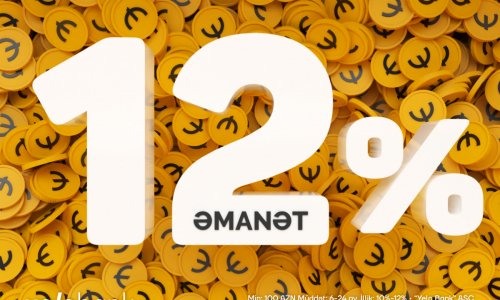Web users are being told to pay extra care when opening any emails claiming to be from Apple, Twitter or Facebook.
The warning comes after a new "email spoofing” campaign by cyber criminals has been spotted by security experts.
Criminals are pretending to be from top tech companies in the hope of duping users into handing over private and sensitive data.
Users tricked by the scam are often persuaded to hand over their personal details, which are then stolen and sold on for profit by the hackers.
A survey by security firm Detectify found that over half of the world’s most popular domains were being used by imposters in their scams.
Along with top social media sites, major news and media sites were also identified as being a major target for criminals, meaning some users could face spam bombardment from multiple sources.
The news comes just weeks after Apple users were hit by text scam.
Over the past few months a number of elaborate attacks have already attempted to dupe iPhone owners into handing over user names and passwords.
And according to security researchers at FireEye it's a growing problem.
Apple WWDC 2016: LIVE
These phising campaigns are used to unearth the Apple ID and passwords of Apple users, which can be used to gain entry to their accounts – and can be combined with stolen credit card information to make purchases via the Apple Store.
Some 86 phishing domains have already been logged since January 2016.
The advice from tech companies is clear with Apple stating: "The iTunes Store will never ask you to provide personal information or sensitive account information (such as passwords or credit card numbers) via email.
"Email messages that contain attachments or links to non-Apple websites are from sources other than Apple, although they may appear to be from the iTunes Store.
"Most often, these attachments are malicious and should not be opened.
"You should never enter your Apple account information on any non-Apple website."
(dailystar.co.uk)
www.ann.az
Follow us !











